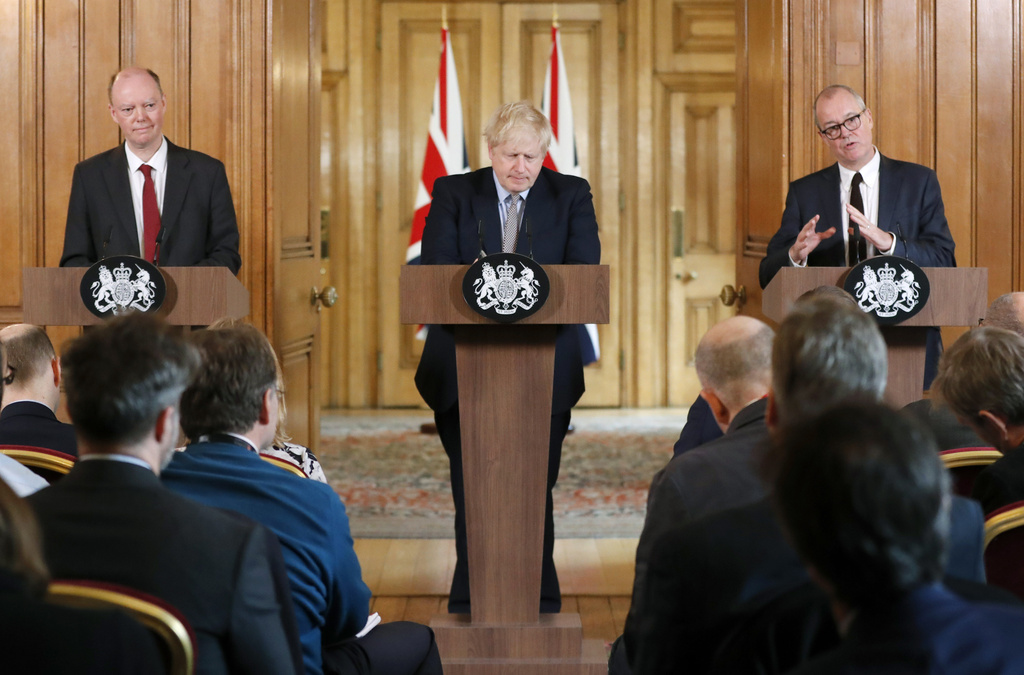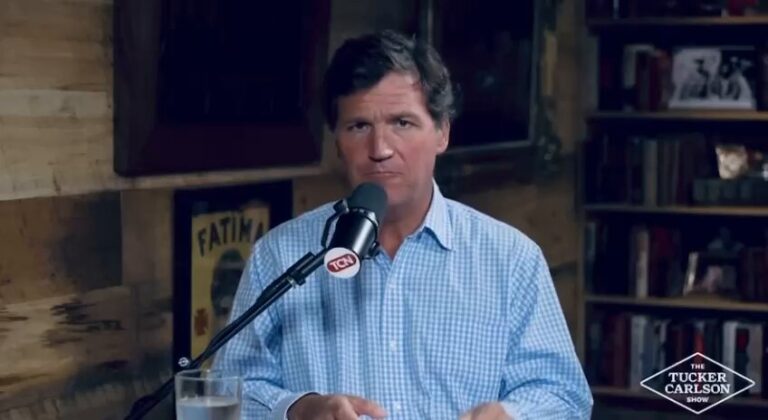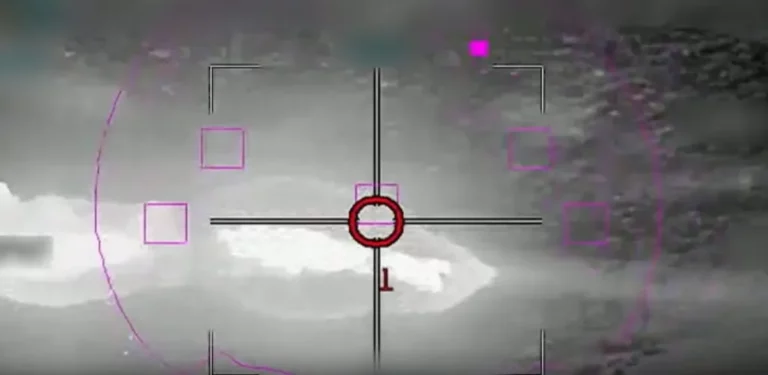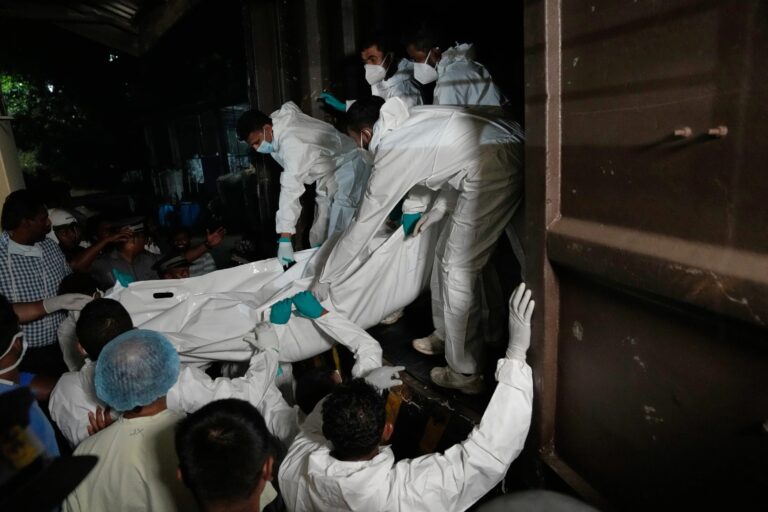Boris Johnson, the former British prime minister, struggled to come to grips with much of the science during the coronavirus pandemic, his chief scientific advisor said Monday.
In keenly awaited testimony to the country’s public inquiry into the COVID-19 pandemic, Patrick Vallance said he and others faced repeated problems getting Johnson to understand the science.
“I think I’m right in saying that the prime minister gave up science at 15,” he said. “I think he’d be the first to admit it wasn’t his forte and that he struggled with the concepts and we did need to repeat them — often.”
In extracts from his diary that were relayed to the inquiry, Vallance said Johnson was “bamboozled” by the graphs and data and that watching him “get his head round stats is awful.”
During the pandemic, Vallance was a highly visible presence in the U.K. He and the chief medical officer, Chris Whitty, would flank Johnson in numerous daily COVID-19 press briefings from the prime minister’s offices on Downing Street.
Vallance, who stepped down from his role as the British government’s chief scientific adviser earlier this year, said Johnson’s struggles were not unique and that many leaders had problems in understanding the scientific evidence and advice, especially in the first stages of the pandemic in early 2020.
“I would also say that the meeting that sticks in my mind was with fellow advisers from across Europe, when one of them — and I won’t say which country – declared that the leader of that country had enormous problems with exponential curves, and the telephone call burst into laughter, because it was true in every country,” he said.
“So I do not think that there was necessarily a unique inability to grasp some of these concepts with the prime minister at the time, but it was hard work sometimes to try and make sure that he had understood what a particular graph or piece of data was saying,” Vallance added.
Johnson was hospitalized with the virus in April 2020 less than two weeks after he put the country into lockdown for the first time. Vallance conceded the prime minister was “unable to concentrate” on things when he was really unwell but that after his recuperation “there was no obvious change between him and what he was like beforehand.”
The U.K. has one of the highest COVID-19 death tolls in Europe, with the virus recorded as a cause of death for more than 232,000 people.
Johnson, who was forced to step down as prime minister in September 2022 following revelations of lockdown rule-breaking parties at his Downing Street residence during the pandemic, is due to address the inquiry before Christmas.
The probe, led by retired Judge Heather Hallett, is expected to take three years to complete. Johnson agreed in late 2021 to hold a public inquiry after heavy pressure from bereaved families, who have hit out at the evidence emerging about his actions.
The inquiry is set to hear from current Prime Minister Rishi Sunak, who was Johnson’s Treasury chief at the time.
Sunak is likely to face questioning about his “Eat Out to Help Out” initiative, which sought to encourage nervous customers back to restaurants in August 2020 as the first set of lockdown restrictions was and before subsequent lockdowns were enacted.
Vallance said scientists weren’t aware of the restaurant program until it was announced and that the messaging around it ran “opposite” to the need to limit mixing between households.
“I think our advice would have been very clear on that,” he said.
(AP)












3 Responses
Not too unusual. Our own president at the time showed a similar lack of understanding.
Whilst not making any assumptions about BoJo’s mental abilities, one has to point out that it was a scientist who made this assessment of Boris’s understanding… and maybe he just wasn’t very good at explaining the science to a layman?
They tried to bamboozle everyone with their quack science and lie after lie